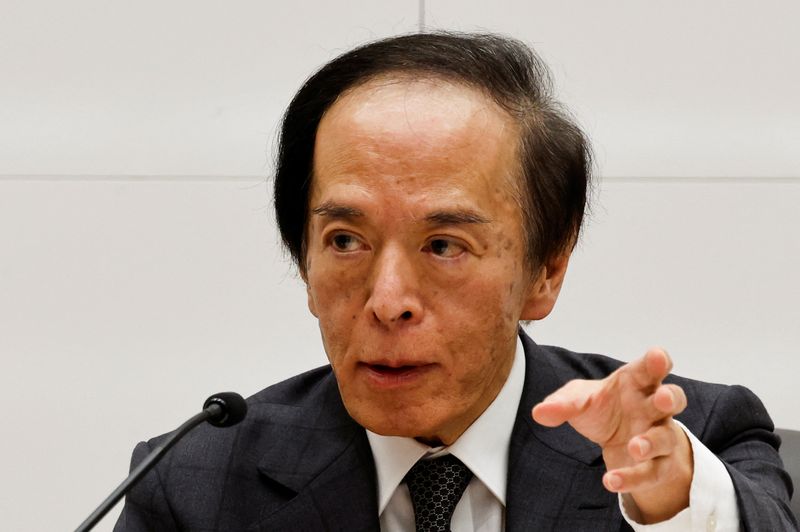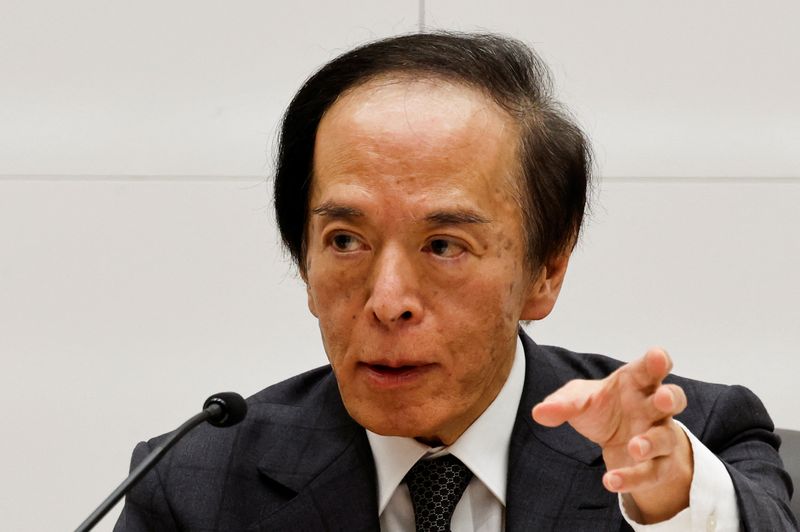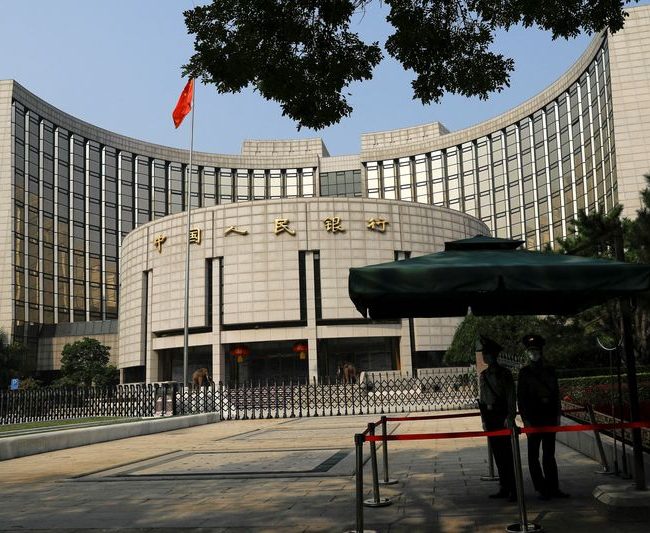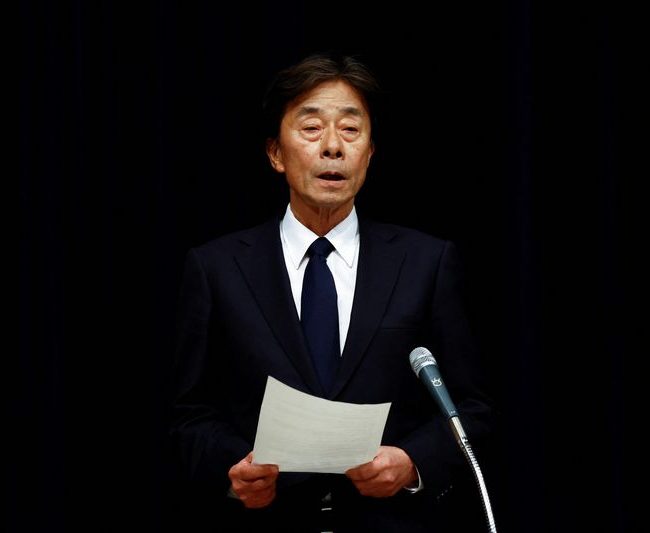
BOJ to raise rates by end-March, most analysts lean toward January hike- Reuters poll

By Satoshi Sugiyama
TOKYO (Reuters) – The Bank of Japan will raise interest rates again at one of the two meetings this quarter to 0.50%, an overwhelming majority of economists surveyed by Reuters said, with most leaning toward a January move.
The findings show the BOJ’s determination to take further steps toward more normal monetary policy after years of radically accommodative settings, raising rates even as most of its global peers still tilt toward cuts.
In a Jan. 8-15 poll released on Thursday, all but two economists surveyed, 59 of 61, said the BOJ would raise borrowing costs again, to 0.50% by end-March.
Among 32 who expect a hike this quarter and specified which month, just under two-thirds, 20, said at the Jan. 23-24 meeting, while the rest said March.
Since policymakers held rates in December, analysts have been speculating about when the BOJ will raise rates again, given uncertainty about domestic wages and economic plans from U.S. President-elect Donald Trump, who moves back to the White House on Jan. 20.
BOJ Governor Kazuo Ueda and Deputy Governor Ryozo Himino said earlier this week the central bank will debate whether to raise rates at its next meeting.
Strong domestic wage momentum and new price pressures support the case for a January hike, said Ayako Fujita, chief Japan economist at JPMorgan Securities.
“If the inauguration of incoming U.S. President Trump does not cause major market turmoil, delaying the interest rate hike until March is seen as excessively increasing market volatility risk,” Fujita said.
The BOJ said last week wage hikes were spreading to firms of all sizes and sectors, signalling conditions for a near-term hike were continuing to fall into place.
Having ended negative interest rates in March 2024, the central bank last raised its short-term policy target, to 0.25%, in July. It signalled a readiness to hike again if wages and prices move as projected and heighten its conviction that Japan will durably hit 2% inflation.
All but one of 22 economists who answered an extra question said it was more likely for inflation in Japan to swing higher than their predictions this year.
“There is a higher risk of inflation rising than of it falling, due to the risk of the yen weakening for longer than expected over factors such as a delay of interest rate cuts in the U.S.,” said Harumi Taguchi, principal economist at S&P Global Market Intelligence.
Additionally, the median of 23 economists who offered their view on the rate of pay increases at this year’s spring labour-management negotiations was 4.75%, slightly up from 4.70% in a poll last month. It was below last year’s 5.1% but still higher than 3.58% in the prior year.
Given growth and inflation are moving in line with BOJ’s forecast and import prices are believed to have turned positive year-on-year in December, the BOJ is facing a situation that cannot overlook the weak yen, said Atsushi Takeda, chief economist at Itochu Research Institute.
The weak Japanese currency – which has pushed up import costs and inflation – was among the factors that led to the BOJ’s decision to begin raising interest rates.
In the poll, two-thirds of respondents, or 14 of 21, said the Japanese authorities will intervene in the currency market if the yen falls to 165 against the U.S. dollar. Nearly 20%, or four, said 160 yen.
(Other stories from the Reuters global long-term economic outlook polls package)


